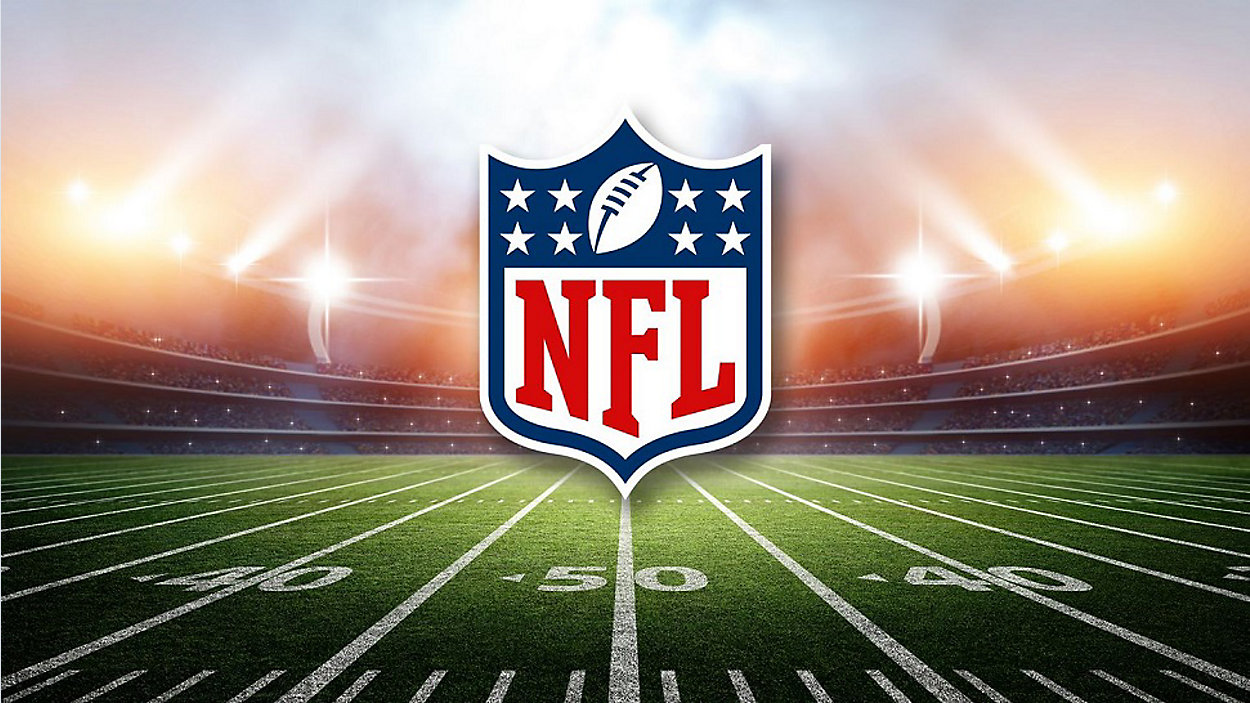
Drones flying over Lumen Field in Seattle prompted delays of two different football games this weekend, just days after sports officials urged Congress to pass robust laws to deal with intrusive UAVs to replace standing legislation set to expire October 5.
On-field officials in Seattle temporarily halted the games in accordance with National Football League (NFL) and National Collegiate Athletic Association (NCAA) rules requiring play to be stopped when intrusive drones are identified over stadiums. UAVs were spotted in the fourth quarters of Saturday’s University of Washington-Stanford contest, and Sunday’s Seahawks-Atlanta Falcons matchup.
Both resumed several minutes later after craft violating the banned airspace around Lumen Field departed.
Read: NFL voices drone fears as counter-UAV legislation nears expiration
Sightings of the intrusive UAVs came barely a week after the NFL’s head of security spoke out about the rising threats of drones violating restricted airspaces around sports events, airports, and critical infrastructure – including malicious flights by what she called “the nefarious actor.”
That followed a joint appeal in July by the NFL, NCAA, Major League Baseball (MLB), and other large athletic organizations urging Congress to go beyond existing laws set to expire in October that authorize the identification, tracking, and mitigation of intrusive drones with even wider measures.
Despite those kinds of robust powers having been outlined in a White House proposal released in April – and in a Senate draft law largely reflecting them introduced in July – legislation tabled in the House last week reportedly falls well short of embracing such measures. That bill, which will go to committees shortly, largely seeks to maintain current laws, with a modest broadening of the number of federal officials permitted to act under them.
The weekend delays of much-watched football games will doubtless call additional attention to intrusive drones at major sports events – and increase calls for tougher legislation to deal with them.
The NFL alone reported 1,400 violations of game day airspaces by UAVs last season. The MLB has also had a problem with illegal drone intrusions, one of which caused the halt of a Minnesota-Pittsburgh game in August.
Flight bans cover three miles zones around major sporting events from an hour before games begin until 60 minutes after they end. Pilots of drone excursions into banned stadium airspaces can be fined over $37,000 and charged with criminal offenses.
Read: FAA reportedly hunts pilot of rule-violating Bengals drone video
That obviously did not dissuade operators from hovering over gameday fields in Seattle this weekend, nor the author of a January flight over a Cincinnati Bengals match – who then defiantly uploaded video captured from it on Youtube. That latter case, however, may now give other people considering such outings reason for pause.
Last week a federal grand jury indicted the pilot of the Bengals flight on charges of violating a formal airspace ban, operating an unregistered drone, and taking it aloft without possessing a pilot’s license.
FTC: We use income earning auto affiliate links. More.
Comments